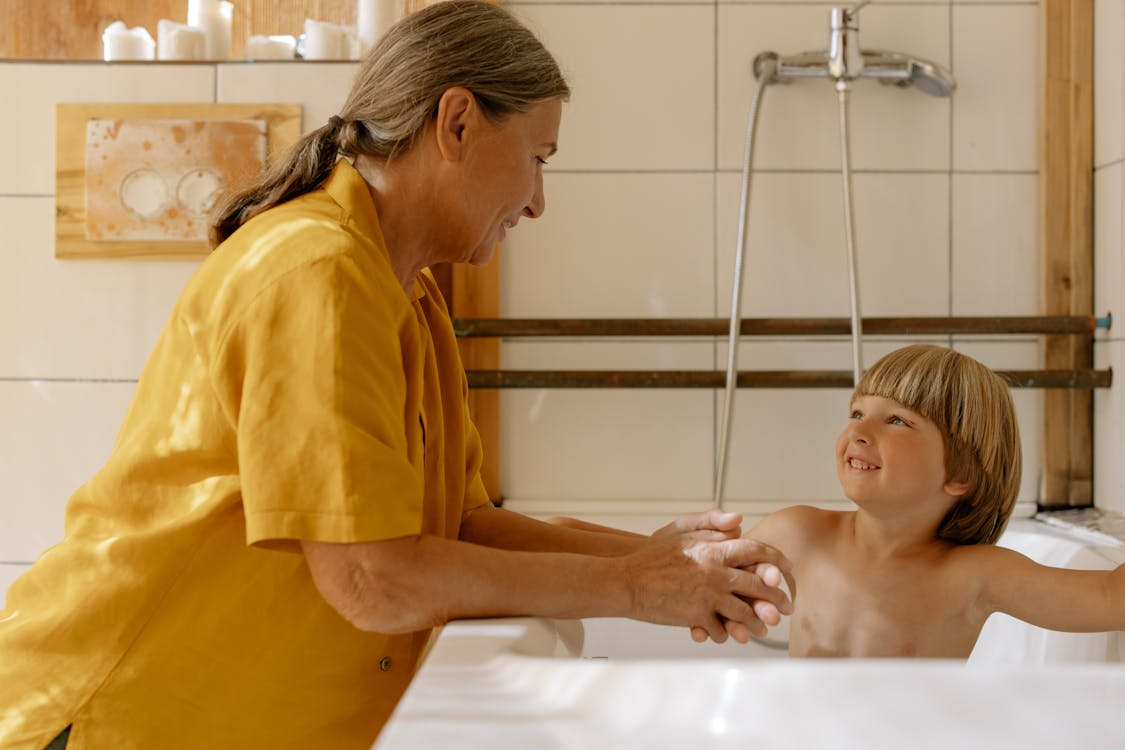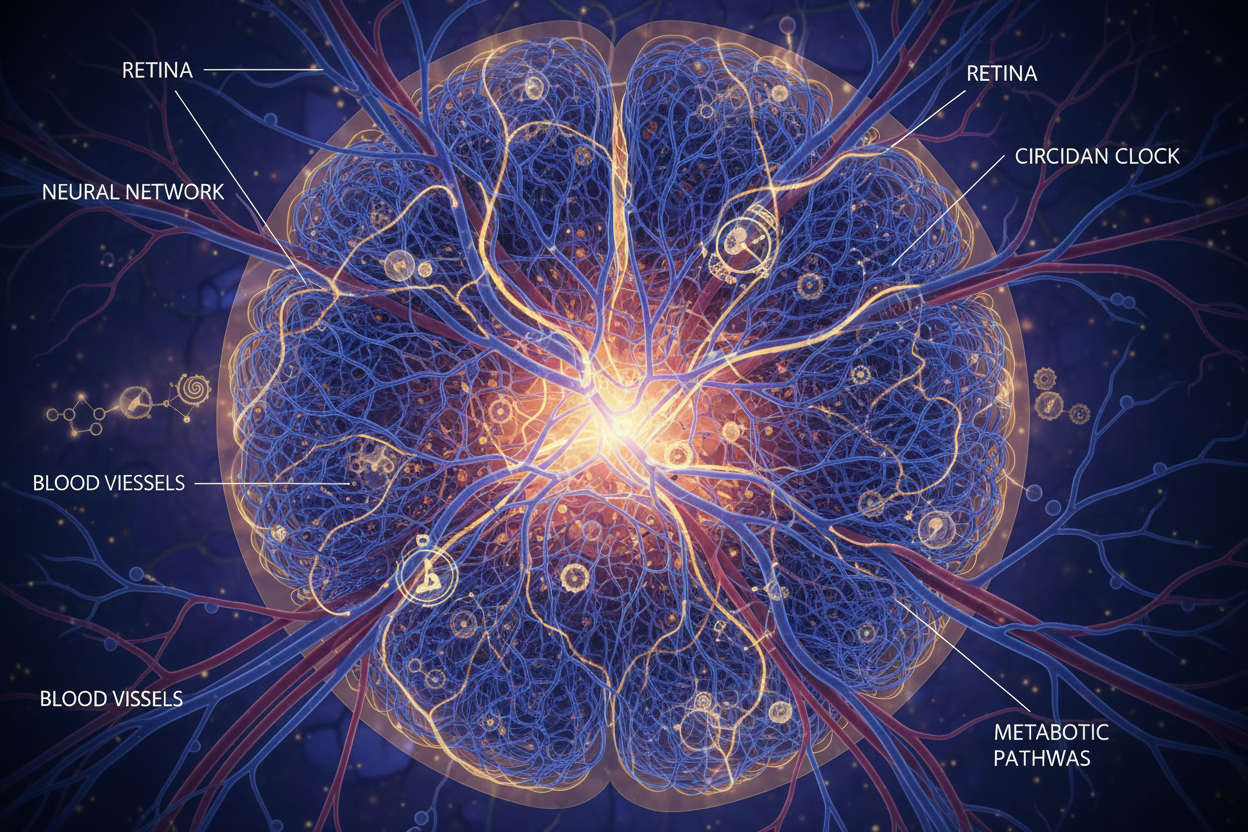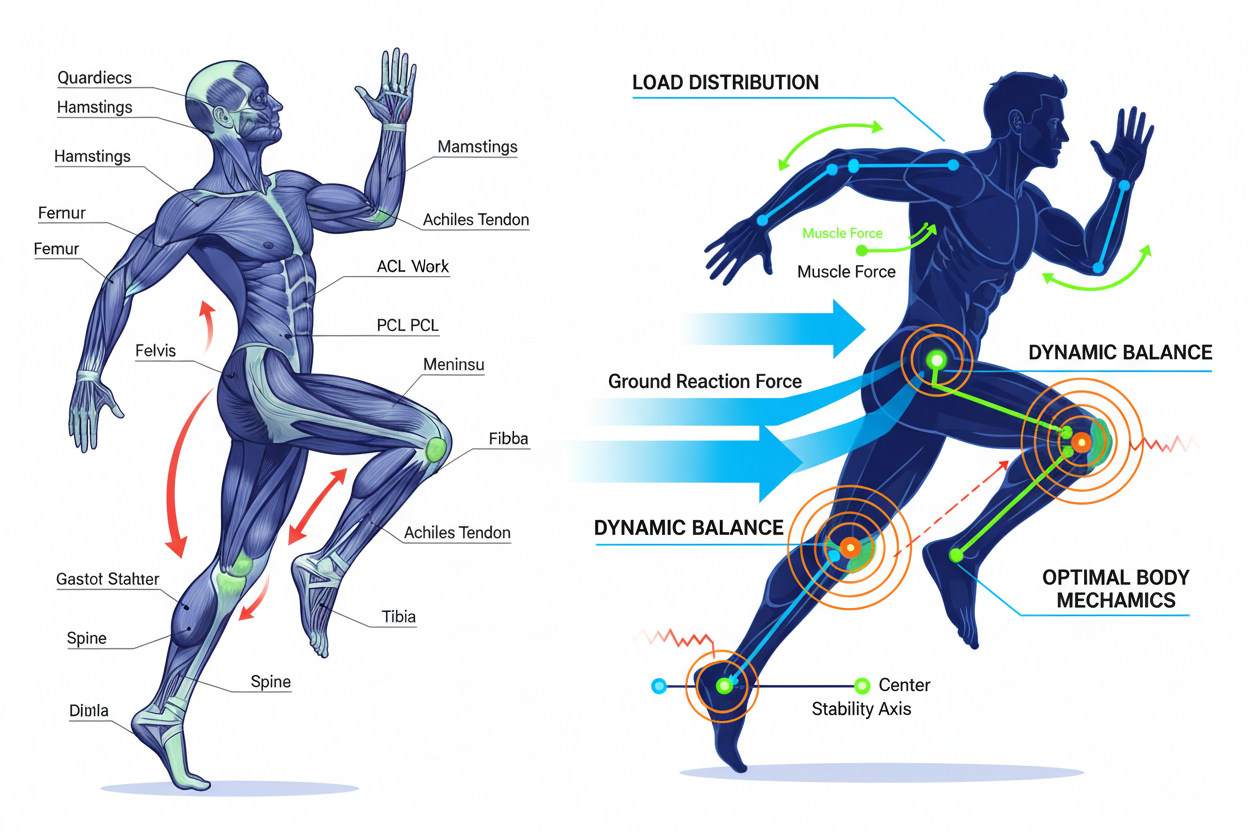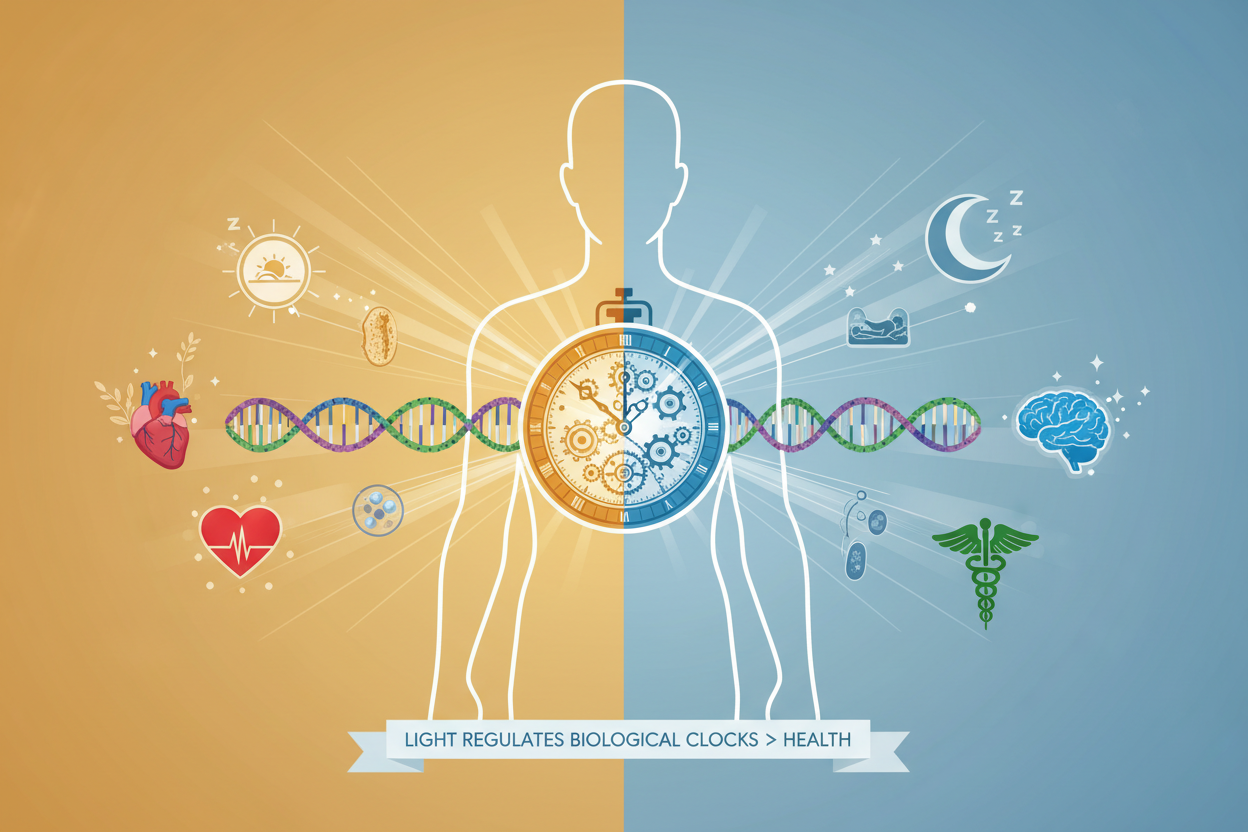
When a bath soothes... and quietly harms at the same time. What every mom should know about chlorine in the tub
You fill the bathtub, test the temperature, maybe add a few bubbles. The child plays, laughs, water splashes. But what if this very moment, which is supposed to be full of calm, also contains something that harms your child's body more than you can imagine?
An evening bath is an unwritten ritual for many children and their mothers. The transition between day and night, between activity and sleep. The body relaxes, the nervous system slows down. But at the same time, with every drop of warm water, comes a substance that has nothing to do with caring for a child's body – chlorine.
Chlor in drinking water is considered a necessary evil – it kills bacteria and prevents infections. However, in a warm bath, it becomes something else. By a method of exposure that no child's body deserves.
Children's skin: more permeable, more vulnerable
A baby's skin is delicate, thin, and sensitive. Compared to an adult's, it is multiple times more permeable, which means that substances from the water are absorbed into it more easily. And chlorine is no exception.
According to a review study (Harjan et al., 2019) chlorine in warm water quickly evaporates into vapor and is absorbed as skin, so inhalation. During ten minutes of bathing, a child's body can absorb such an amount of chlorinated compounds that corresponds to drinking up to eight glasses of water.
What does chlorine do to a child's body?
1. Skin
• disrupts the skin barrier
• dries out, itches, burns
• worsens atopy, eczema, and allergies
• may increase sensitivity to other chemicals (from cosmetics or textiles)
2. Respiratory system
• Chlorine vapors irritate the mucous membranes of the nose, throat, and lungs
• according to studies, they increase the risk asthma in children who often bathe or swim in chlorinated water
• in sensitive children, they can trigger night cough, mucus buildup, or breathing fatigue
3. Immunity and overall health
• repeated exposure to chlorine disrupts the skin microbiome
• so-called arise free radicals, which burden the body's detoxification systems
• some chlorinated by-products have been identified in laboratory studies as carcinogenic with long-term exposure
From water that protects, it becomes steam that harms
Children's bathing is not about dirt. It's about relationship, touch, a feeling of safety. All the more painful is the awareness that from the water we use in good faith, something is released that irritates and burdens.
Chlor in warm water turns into chloramines and trihalomethanes – substances that we breathe in bathroom steam. Children's lungs, which are still developing, absorb chemicals every evening that we often don't even know about.
Can mom change anything?
Yes. And it's not about blame, but about awareness. A small decision can make a big difference – in health, in peace, in sleep.
Children's skin does not deserve to be irritated every day just because the water "just flows that way."
What helps:
• Water Filtration – shower or bath filters with vitamin C
• Lukewarm water – the warmer, the more vapors
• Let the water stand for a few minutes, before the child enters the bathtub
• Exclude perfumed cosmetics that create additional chemical reactions with chlorine
Washik: care that begins in water
One of the solutions that is gaining more and more parents is Washik filter.
Combines vitamin C (neutralizes chlorine), hyaluronic acid, fish collagen, and natural extracts, which care for children's and sensitive skin already upon contact with water.
The result is softer water without vapors – water that you can confidently let touch your child's skin.
Children's bath. No chemicals. No doubt.
Your child may never notice the difference. But their skin will. Their lungs. Their immunity. And you will notice the difference in the evening when they lie down and don’t scratch. When they don’t sniffle. When they breathe calmly.
Because every drop of water that touches our child is more important than we realize. And every mother knows this intuitively.



Leave a comment
This site is protected by hCaptcha and the hCaptcha Privacy Policy and Terms of Service apply.